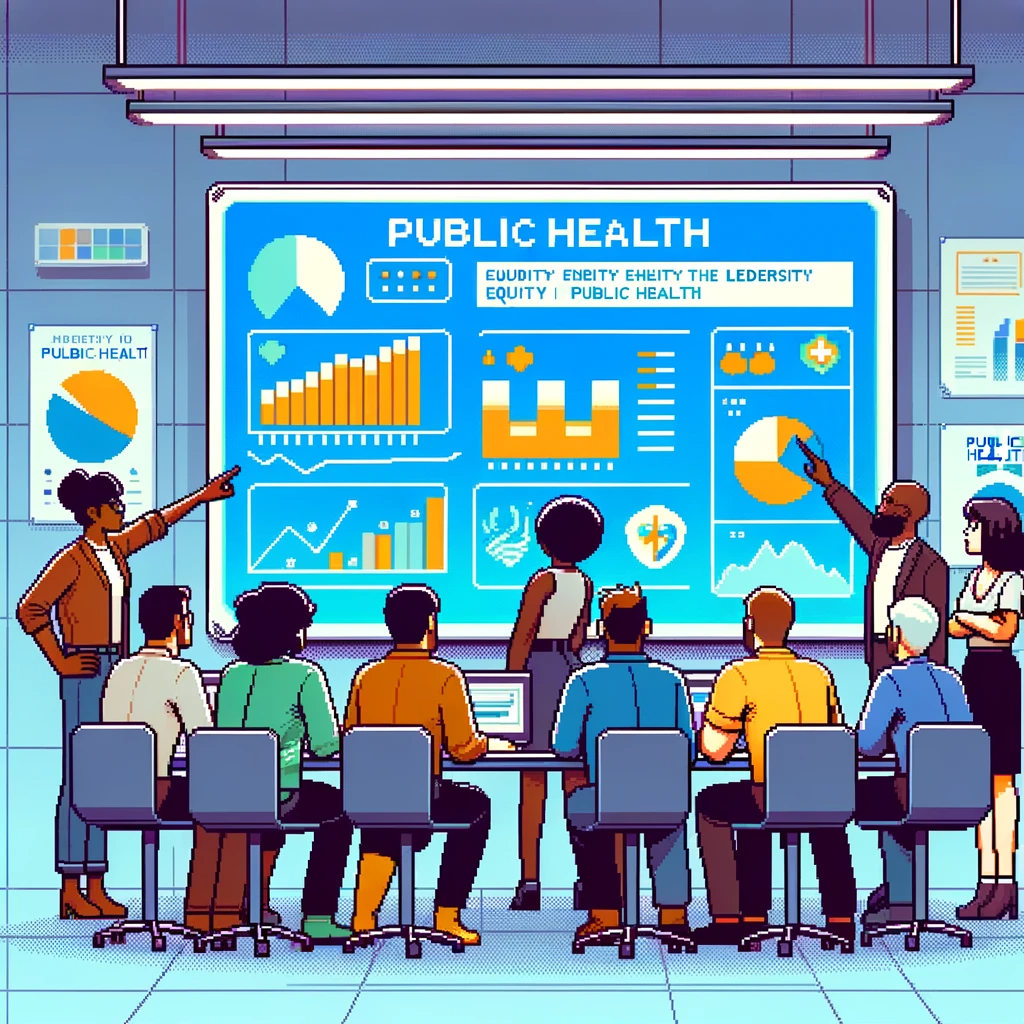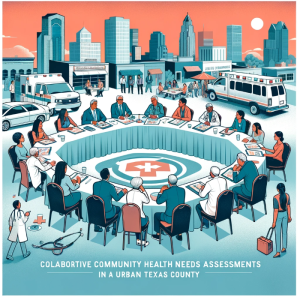
Health Equity in Data: One LHD’s Experience
Understanding the intersection of public health and equity is crucial in an era where data informs (but should not drive) decisions. The recent article Data for Equity: Creating an Antiracist, Intersectional Approach to Data in a Local Health Department published in the Journal of Public Health Management and Practice, delves into this intersection, offering a perspective on how public health data can be used to promote equity and combat systemic racism.
Understanding the Research
The research focuses on embedding equity into data practices within a New York City health department. This initiative, undertaken between April and July 2018, involved staff across various agency roles related to data collection, analysis, interpretation, and communication. The outcome? Recommendations around six themes: analytic skills, data communication, data collection, community engagement, infrastructure, and leadership.
Key Findings and Recommendations
- Strengthening Analytic Skills: Training staff to incorporate equity into their analytic work is essential. This means considering the social determinants of health and how different communities experience health issues.
- Improving Data Communication: It’s not just about the data collected but how it’s communicated. The study emphasizes the need for an equity-focused approach to data reporting, avoiding the perpetuation of racism or oppression.
- Enhanced Data Collection and Aggregation: The recommendations highlight the importance of collecting data reflective of diverse populations and ensuring more inclusive analyses.
- Community Engagement: Integrating the experiences and knowledge of communities directly into data work is crucial for a more equitable approach to public health.
- Building Infrastructure and Capacity: Developing a strong foundation and shared knowledge base across the Health Department is key to sustaining these efforts.
- Leadership and Innovation: The study underscores the need for leadership commitment to equity in data practices and adopting innovative approaches.
Implications for Public Health Practice
A Shift in Perspective
Traditionally, data is seen as objective. However, this research argues that data is a social construct influenced by those who create, collect, and interpret it. Recognizing this subjectivity is the first step in reforming public health data practices to be more equitable.
Combating Systemic Racism in Public Health
The article demonstrates how data, when not considered through an equity lens, can reinforce racial and other forms of oppression. Addressing these biases requires a systemic change in how data is collected, analyzed, and shared.
Empowering Communities
By involving communities in the data process, public health agencies can ensure that the data collected reflects the diverse experiences and needs of the population. This community-centric approach is pivotal for equitable public health practices.
Leadership and Commitment
For these changes to be effective, there must be a commitment at all public health organizations. This includes leadership advocating for and implementing these equitable data collection and analysis practices.
Conclusion
The article, “Data for Equity,” is a crucial guide for public health departments looking to embed equity in their data practices. By acknowledging the inherent biases in data and taking steps to address them, public health agencies can better serve their communities and work towards eliminating health disparities.
Public health professionals and policymakers must take heed of these recommendations to ensure that the data driving their decisions is equitable and inclusive, ultimately leading to better health outcomes for all.
Be a Leader in Public Health
Are you ready to be at the forefront of health advocacy and research? ‘This Week in Public Health’ brings you weekly insights and updates that matter most. From breakthrough research to groundbreaking community initiatives, our newsletter is your ticket to staying ahead in the rapidly evolving world of public health. Subscribe for free and be part of the change you wish to see!



